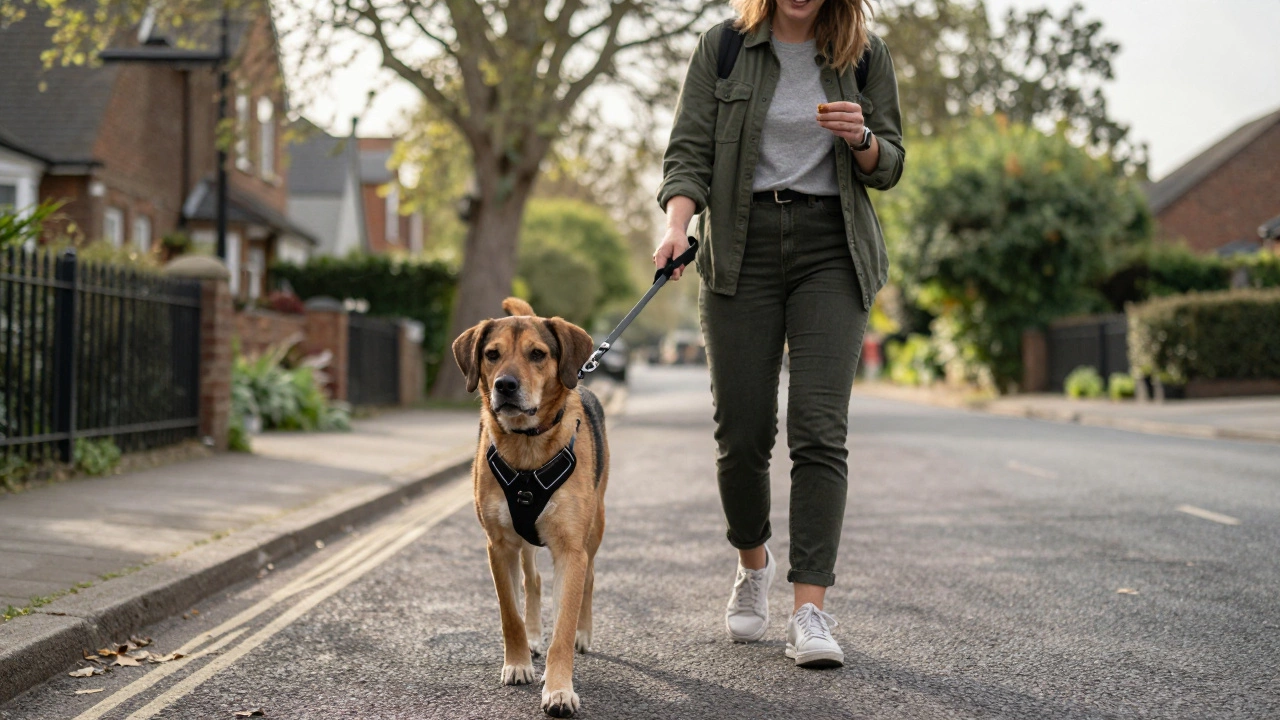Soft Coat Puppies – What You Need to Know
If you’re thinking about a fluffy, soft‑coated puppy, you’re not alone. These pups feel like a living teddy bear, but they also need special care to stay healthy and happy. Below you’ll find quick, practical advice that covers grooming, health basics, and how to choose the right soft‑coat breed for your home.
Grooming Soft Coat Puppies
Soft‑coat puppies have a fine, dense coat that can tangle easily. Start brushing twice a week with a soft slicker brush; it keeps mats at bay and spreads natural oils for a shiny finish. If your puppy loves the outdoors, a short walk after a brush helps remove dirt before it settles.
Bath time doesn’t have to be a hassle. Use a gentle puppy shampoo and keep the water warm but not hot. Rinse thoroughly to avoid skin irritation. After the bath, towel‑dry and let the pup air‑dry in a warm spot – a hair dryer on low can speed things up, just keep it at a safe distance.
Regular nail trims are a must. Soft‑coat breeds often have fast‑growing nails, so check them weekly. If you hear a click on the floor, it’s time for a trim. You can use a clipper or a grinder; the grinder is quieter and less likely to split the nail.
Choosing the Right Soft Coat Breed
Not every soft‑coat puppy fits every lifestyle. If you have a busy schedule, look for a breed that’s low‑energy, like a Bichon Frise or a Shih Tzu. For active families, a Soft‑Coated Wheaten Terrier or a Portuguese Water Dog can keep up with hikes and play sessions.
Consider size, too. A small soft‑coat dog is easier to manage in apartments, while a larger one needs space to stretch out. Check the breed’s temperament – some are chatterboxes, others are more laid‑back. Spend time with a few adult dogs at a rescue or breeder to see which personality clicks with you.Health history matters. Ask for health clearances on hips, eyes, and heart. Soft‑coat breeds can be prone to allergies, so a vet check before bringing the pup home can catch issues early.
Finally, think about grooming commitment. Some soft‑coat breeds need weekly professional grooming, while others can be handled at home. If you’re not ready for a salon bill, pick a breed with a lower grooming demand.
With the right prep, a soft‑coat puppy can become a loyal, snuggly companion. Keep the grooming routine simple, feed a balanced diet, and choose a breed that matches your energy level. Before you know it, you’ll have a happy, well‑behaved pup that’s as soft as a cloud and as lively as you need it to be.
Wet Puppy Syndrome: What Every Caregiver Needs to Know
Wet puppy syndrome makes many puppy owners worry at first sight. Puppies with this condition often look limp and have fur that feels thin and damp, not plush and fluffy. The syndrome isn’t a normal part of puppyhood—it’s an actual medical issue that needs attention. Find out what causes it, the signs to watch for, and the steps you can take to help your puppy recover and thrive. These tips will help you spot problems early and keep your puppy on the path to good health.






